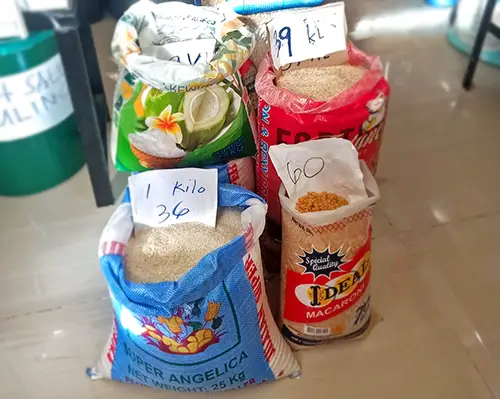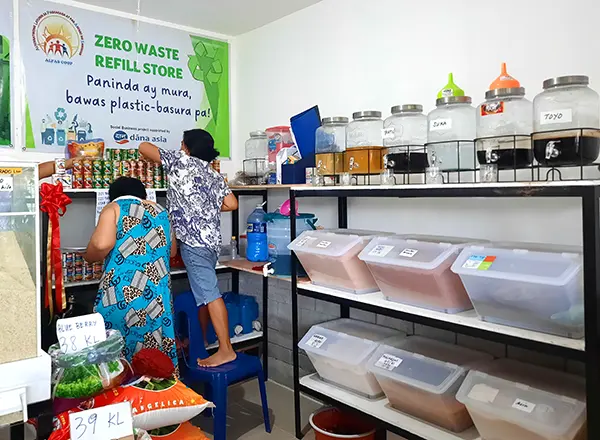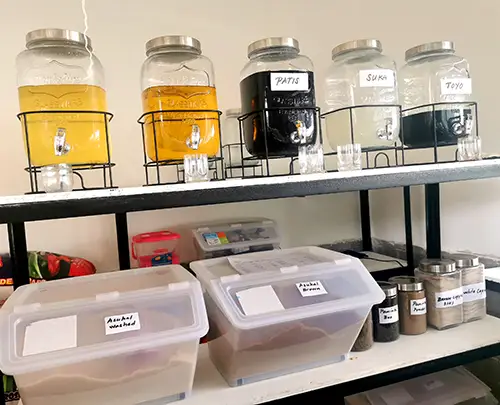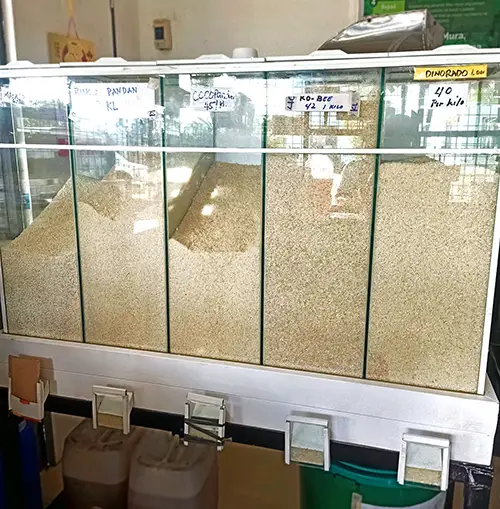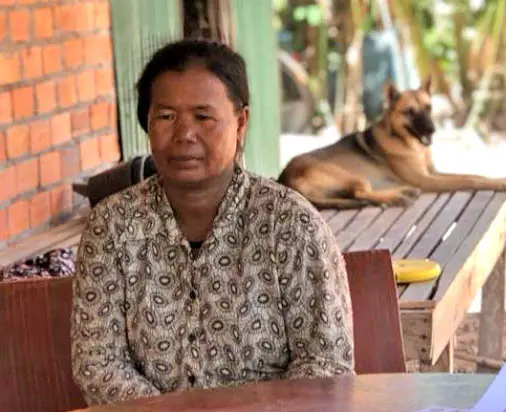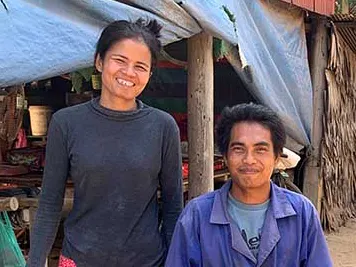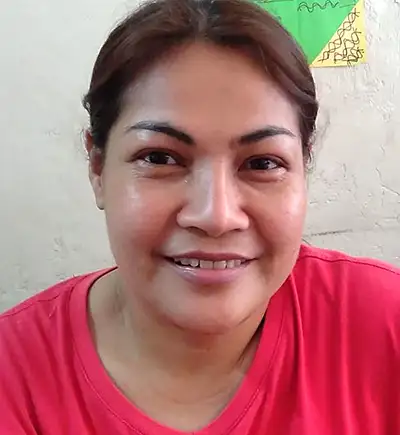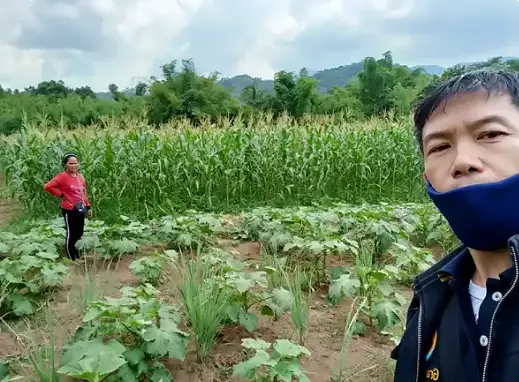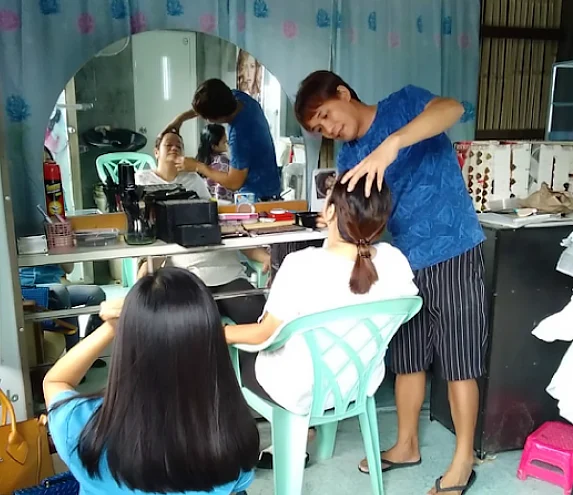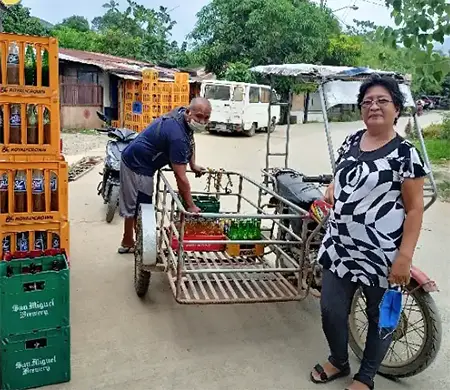The eco sari-sari store model bringing affordable basic goods to urban poor community members while also reducing plastic waste
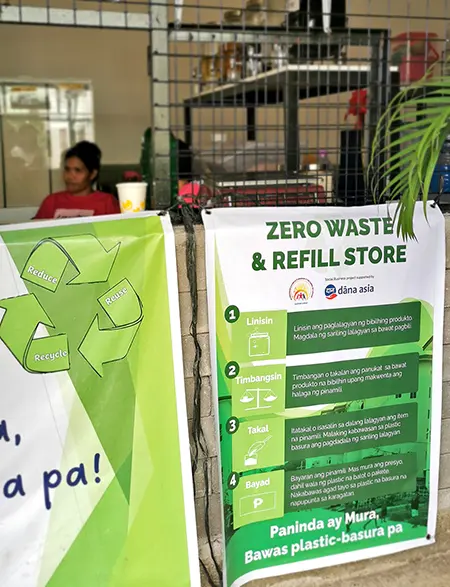
In 2023, the Philippines ranked number one in global contributors of plastic waste into the ocean. Recent research has shown that the average Filipino family produces 0.82kg of plastic waste per day, with the population using an estimated 60 billion sachets, 17.5 billion shopping bags, and 16.5 billion sandwich bags every year, with a culture driven toward single-use plastics as the ‘affordable’ option. ‘Tingi culture’ in the Philippines sees locals buying and trading in the smallest possible amounts, like a single cigarette or single-use sachet of shampoo at the thousands of sari-sari stores (convenience stores) across the country. One of the biggest problems in the Philippines is the reliance of impoverished communities on single-use sachets, with large consumer goods companies targetting low-income markets through the tingi approach by marketing single-use items as the most affordable option. As a complex plastic, sachets are one of the hardest items to recycle, and most end up in landfills or clogging waterways.
Traditionally, bring-your-own-container retailing was common practice throughout Filipino society, as was the use of natural packaging such as banana leaves. Dana Asia’s eco store model aims to challenge the traditional sari-sari store model and breathe new life into zero-waste retailing by establishing community-run eco stores that sell basic goods at affordable prices within urban poor communities with minimal plastic usage. Dana Asia’s first pilot eco store was launched in October 2022 in the ALPAS socialised housing site, Bulacan, a relocation site for informal settlers that were living in slums along Manila’s dangerous flood-prone rivers and creeks. The ALPAS Zero Waste Refill Store is a unique community-run model in the Philippines that offers 90 different products, such as oil, coffee, rice, laundry detergent, etc., most of which are sold as bring-your-own container refill products. Since inception, the eco store has resulted in a 38% plastic waste reduction in households patronising ALPAS store, as well as a 10% reduction in the price of goods.
With the idea of creating a blueprint for further stores in the future, Dana Asia is working with the University of the Philippines Institute of Small-Scale Industries to develop the business model. UPISSI is also conducting training with the eco store team in business management and operations. Plans are in place for the next four eco stores to be established in new sites around Metro Manila and beyond to scale the impact for both communities and the environment.
